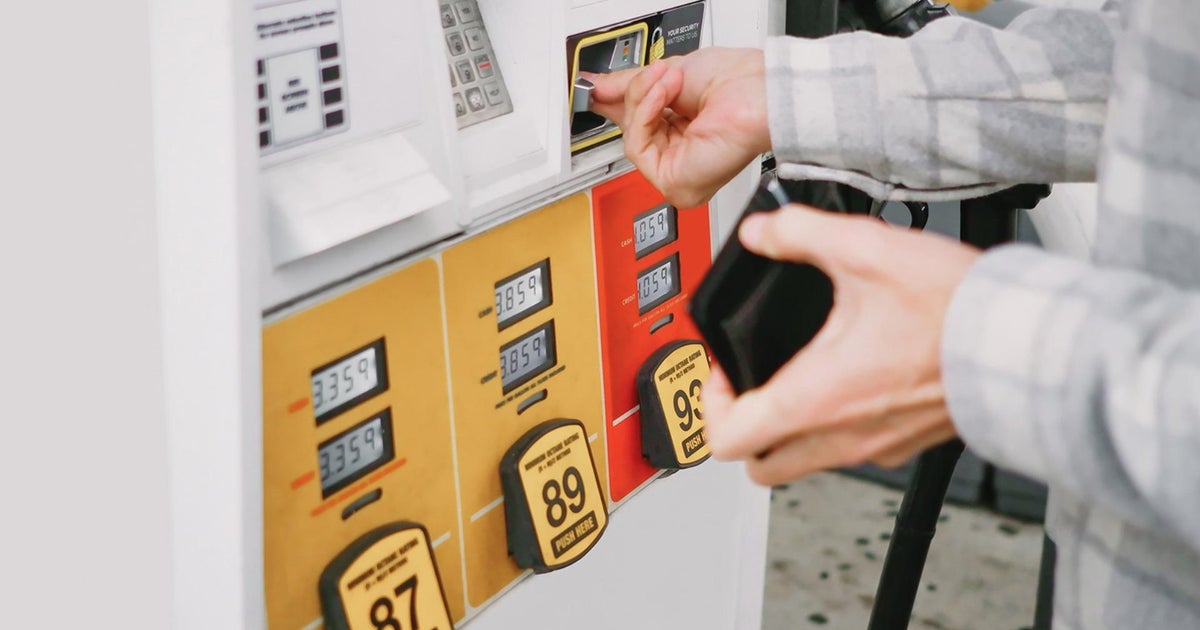Managing firefighter safety in hot weather
MOUNT LEBANON, Pa. (KDKA) -- Working in the heat is hard enough, but imagine carrying around 40 to 50 pounds of extra uniform and gear while running into a burning building.
What kind of precautions do firefighters take to cool off in hot weather on an already hot job?
With fans out, the Mount Lebanon Fire Department is prepared to tackle flames in the thick of 90-degree temperatures this week. The assistant fire chief, Sean Daniels, said they take extra precautions to protect firefighters who must work in scorching temperatures.
"Our big concern is if we have a house fire or something like that that may last four, five, six hours. In that case, we'll be cycling our personnel on that particular incident quicker than we normally would," said Daniels.
In this heatwave, firefighters will use up more air and sweat more, and it's harder to cool down the body after leaving a burning building.
So, all fire engines are equipped with air conditioning and coolers filled with ice and water bottles.
Daniels said with a house fire, this department also has a policy where every firefighter comes out and sees the medics, no matter the weather, but in this heat, crews are much more closely monitored.
"Medical Rescue Team South, they're fantastic; they'll bring out specialized equipment to help cool our people and to get them out of the sun into the shade," said Daniels.
Mister fans and tents help, but so does recognizing the signs of heat-related illness.
"We encourage our folks to drink lots of water, and really monitor yourself to make sure you're not exhibiting symptoms of heat cramps, heat stroke, [or] heat exhaustion," Daniels added.
The other big concern for fire departments is a large-scale power outage. That would raise big concerns for them and the community dealing with heat-related health problems.
Daniels said this fire department trains for heat-related health problems every spring and summer. Now, it's preparing to practice what they train for day after day during this hot week.



